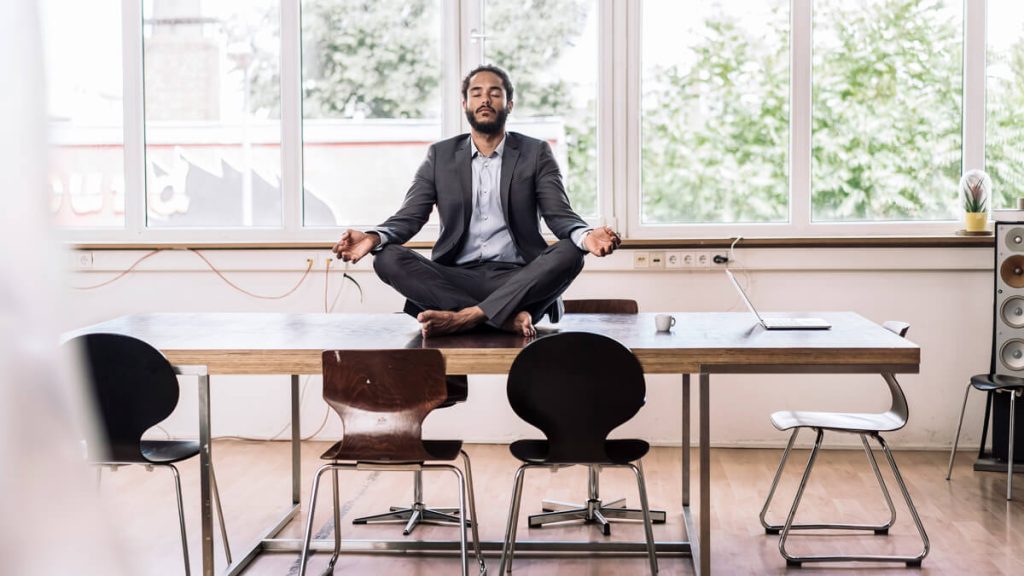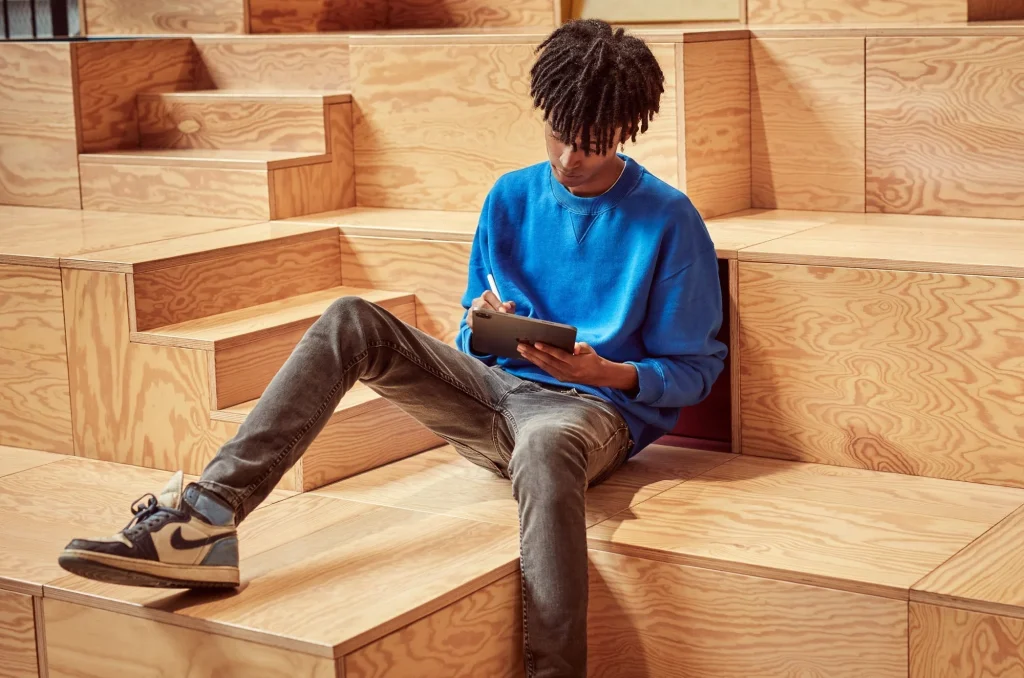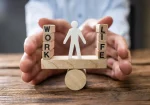The Modern Lifestyle in 2025: Balancing Wellness, Work, and Digital Life

In today’s fast-paced world, the concept of “lifestyle” has evolved far beyond the traditional understanding of how one lives. In 2025, lifestyle encompasses everything from personal wellness and work habits to digital behavior and environmental consciousness. As the boundaries between work, home, and recreation continue to blur, individuals are seeking balance, purpose, and authenticity in their daily lives.
This article explores the key elements shaping modern lifestyle trends and how individuals are adapting to a more mindful, health-conscious, and digitally integrated way of living.
1. Wellness as a Way of Life
Wellness is no longer a niche concept reserved for health enthusiasts—it has become a central pillar of the modern lifestyle. Physical, mental, and emotional health are prioritized more than ever, with people seeking to lead longer, healthier, and more fulfilling lives.
-
Holistic Health: From functional medicine to plant-based nutrition, people are embracing holistic approaches that address the body, mind, and spirit.
-
Mental Wellness: Practices like meditation, therapy, journaling, and breathwork are mainstream. Apps offering mental health support and guided mindfulness are part of daily routines.
-
Preventative Care: Rather than waiting for illness to strike, more people are investing in annual checkups, diagnostics, and supplements to maintain optimal health.
The shift toward wellness reflects a desire not just to live, but to thrive.
2. Work-Life Integration
The traditional 9-to-5 job is giving way to more flexible and personalized ways of working. The rise of remote work, hybrid models, and freelance careers has changed how we think about productivity and balance.
-
Remote & Hybrid Work: With millions working from home or coworking spaces, people are designing work schedules that suit their lifestyles rather than the other way around.
-
Work-Life Balance vs. Integration: Instead of separating work and life, many are learning to integrate both in a way that supports productivity and well-being.
-
Digital Nomadism: With better technology and remote access, living abroad or traveling while working is a growing trend among young professionals and creatives.
Today, a fulfilling lifestyle often includes meaningful work that offers flexibility, autonomy, and alignment with personal values.

3. Digital Living and Online Identity
Technology continues to shape our daily experiences—from communication and entertainment to shopping and learning. But in 2025, there’s a growing awareness about how digital life impacts mental health, social connection, and identity.
-
Mindful Tech Use: Screen time tracking, digital detoxes, and focus-enhancing apps help individuals stay intentional with their online habits.
-
Virtual Communities: Social media is evolving into niche platforms where users can connect over shared interests and values.
-
Online Learning & Creativity: E-learning platforms and digital creation tools have empowered people to learn new skills, build side hustles, and express themselves creatively.
Managing digital life is a key part of a healthy lifestyle today, as people seek to harness its benefits while minimizing burnout and disconnection.
4. Minimalism and Conscious Consumption
Minimalist living is gaining traction as people strive to declutter not just their homes, but also their minds. The idea is to focus on quality over quantity—owning less but living more meaningfully.
-
Decluttering and Organization: Inspired by movements like Marie Kondo’s, individuals are curating their spaces to reflect simplicity and calm.
-
Sustainable Living: Eco-conscious choices in fashion, food, and transportation are integral to a lifestyle that respects the planet.
-
Intentional Spending: People are spending money more thoughtfully, investing in experiences, health, and education rather than material goods.
Minimalism isn’t just about aesthetics—it’s about aligning one’s possessions and habits with personal values and priorities.
5. Food Culture and Healthy Eating
Food is no longer just about nourishment; it’s a major component of lifestyle and self-expression. In 2025, healthy, sustainable, and culturally diverse diets are reshaping how people shop, cook, and eat.
-
Plant-Based and Flexitarian Diets: Many are choosing to reduce meat consumption for health and environmental reasons.
-
Functional Foods: Consumers are looking for food with benefits—like gut health, immunity boosts, or brain support—often using superfoods and supplements.
-
Home Cooking & Meal Prep: While dining out remains popular, more people enjoy cooking at home as a mindful and creative activity.
Food choices are deeply personal and increasingly aligned with health goals, ethical beliefs, and cultural identity.
6. Fitness and Movement Culture
Fitness has transcended gym memberships. Movement is now integrated into lifestyle in fun, accessible, and sustainable ways.
-
Hybrid Workouts: People combine strength, flexibility, and cardio through yoga, HIIT, and pilates—often in virtual or app-based formats.
-
Outdoor Activities: Hiking, cycling, and nature walks are rising in popularity as people seek movement combined with stress relief.
-
Wearable Tech: Fitness trackers monitor steps, heart rate, sleep, and recovery, helping individuals stay on top of their goals.
Incorporating daily movement has become less about aesthetics and more about longevity, energy, and mental health.
7. Social Connection and Community Building
A strong sense of community and belonging is vital to a fulfilling lifestyle. As societies become more fragmented, people are intentionally building connections in both physical and virtual spaces.
-
Intentional Friendships: Quality over quantity in relationships is a guiding principle for many, with emphasis on authenticity and mutual support.
-
Community Involvement: Volunteering, local activism, and neighborhood engagement provide purpose and strengthen social bonds.
-
Shared Experiences: From book clubs to hiking groups to wellness retreats, people are seeking shared experiences that enrich their lives and foster connection.
In a digital age, in-person human interaction is a precious and necessary part of lifestyle well-being.
8. Travel and Leisure as Lifestyle Enrichment
Travel continues to be a major component of lifestyle, offering not just escape, but learning, transformation, and cultural immersion.
-
Slow Travel: People are trading rushed sightseeing for immersive, longer stays that allow them to connect deeply with local cultures.
-
Wellness Tourism: Spa retreats, yoga vacations, and health resorts are booming as people seek rejuvenation on the go.
-
Eco-Travel: Conscious travelers prioritize low-impact transportation, sustainable lodging, and ethical tourism practices.
Travel has become more than a break—it’s a form of education and personal development.

9. Sustainability and Purpose-Driven Living
The modern lifestyle is increasingly defined by a desire to live with purpose and make a positive impact.
-
Environmental Responsibility: From composting to renewable energy use, individuals are trying to lower their carbon footprint.
-
Ethical Choices: Consumers support brands that prioritize fair labor, transparency, and sustainability.
-
Legacy Mindset: There is a rising trend toward thinking long-term—what we contribute to the planet, our communities, and future generations.
Lifestyle in 2025 is about more than just personal satisfaction—it’s about collective responsibility and leaving a mark.
Conclusion: Living Well in the Modern World
The modern lifestyle in 2025 is multifaceted, dynamic, and deeply personal. It’s about cultivating health, staying connected, managing technology, and finding joy in simplicity. While external circumstances continue to change, the core values of authenticity, balance, and intention remain at the heart of how people choose to live.
Whether it’s through plant-based meals, hybrid work setups, mindfulness practices, or conscious spending, today’s lifestyle choices reflect a shift toward more meaningful and sustainable living.

























